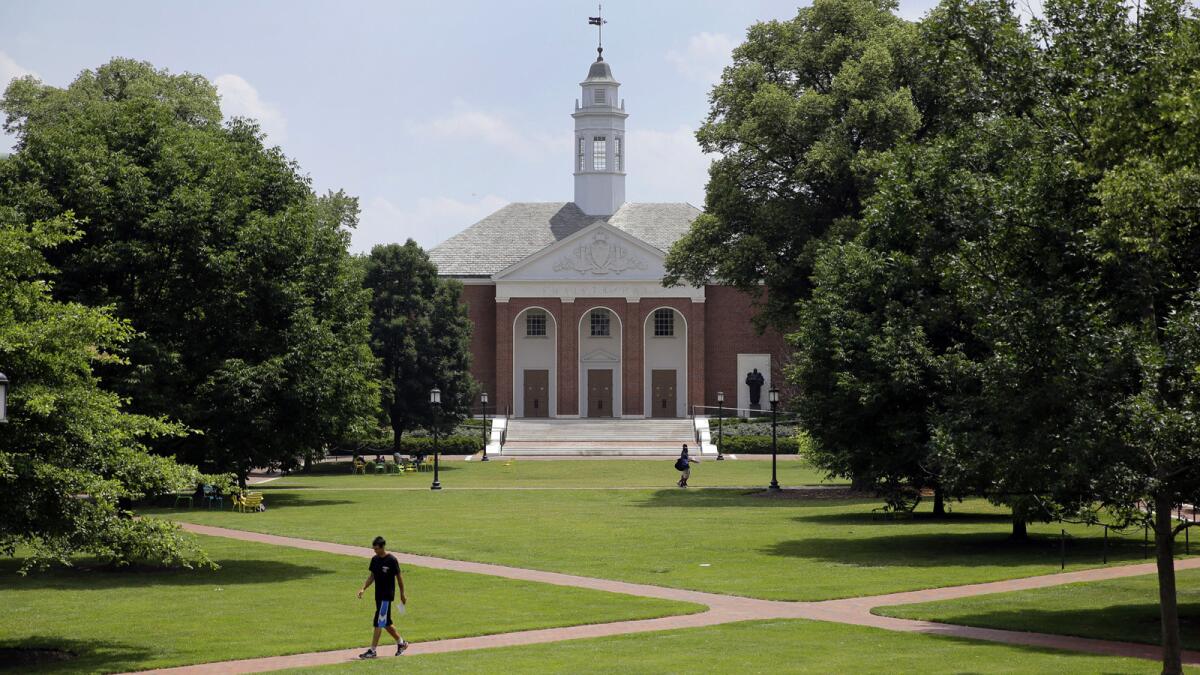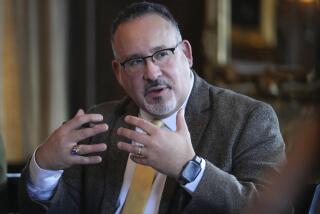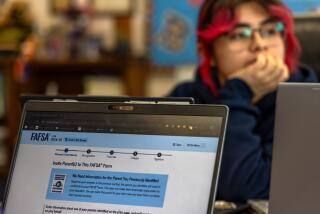Johns Hopkins accidentally sends acceptance notes to rejected students

Now you’re a student of Johns Hopkins University; now you’re not.
The esteemed university in Baltimore was issuing profuse apologies this week after hundreds of early applicants were mistakenly informed that they had been accepted.
“We very much regret having added to the disappointment felt by a group of very capable and hardworking students, especially ones who were so committed to the idea of attending Johns Hopkins that they applied through early decision,” a spokesman, Dennis O’Shea, said in a statement.
Like many other universities, Johns Hopkins has an admissions program called “early decision” in which high school seniors can apply early to their top-choice college. If they are admitted they must accept and withdraw other applications.
Johns Hopkins had 1,865 early decision applicants. Of that group, 539 were accepted, and 1,326 were not.
On Friday, all the prospective students were able to log into a website to discover their fates. The information on that website, according to the university, was accurate.
But because of a “human error” by a third-party vendor that runs the notification website, university officials said a follow-up congratulatory email for accepted students was accidentally sent on Monday to 294 students turned down from the early decision program.
“When the problem was discovered, we quickly sent a correction to those who had received the email message by mistake,” O’Shea’s statement said. “This was an unacceptable error.”
Johns Hopkins can take a little solace in the fact that it is not alone in its admissions fumble.
In 2012, UCLA accidentally told 894 high school seniors that they had been admitted when, in fact, they were still on a waiting list.
But that mistake paled in comparison with a 2009 fiasco at UC San Diego, which sent admission notices to about 28,000 applicants who actually were rejected.
Follow @MattDPearce for national news
More to Read
Sign up for Essential California
The most important California stories and recommendations in your inbox every morning.
You may occasionally receive promotional content from the Los Angeles Times.










